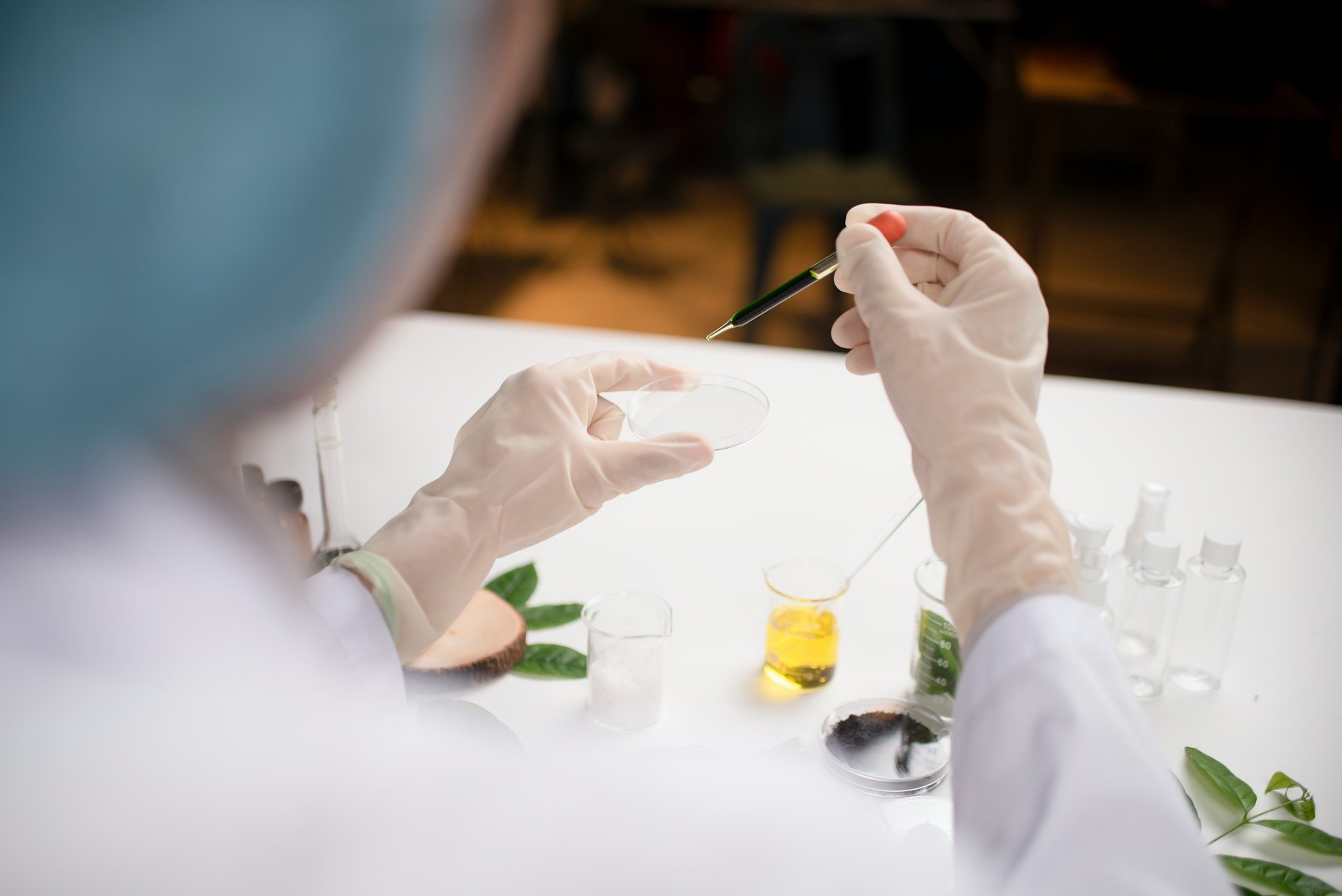The Green Chemistry Revolution: Sustainable Solutions for Various Industries
The global demand for sustainable solutions has surged in recent years, with a particular focus on green chemistry. As our planet faces an array of environmental challenges, there is an urgent need to reduce pollution, minimize waste, and promote eco-friendly practices across all sectors. Traditional chemistry methods have played an essential role in developing products and materials to drive societal progress. However, the time has come to embrace a more holistic approach, one that considers the environmental impact of a product's life cycle from its conception to disposal.
It’s within this framework that we embark on a journey to explore green chemistry, a sustainable alternative to conventional chemistry that aims to reduce or prevent pollution at its source. Green chemistry focuses on designing products, processes, and systems that create minimal harm to the environment and human health. It is transforming industries such as agriculture, detergents, oil and gas, water treatment, and food and nutraceuticals, offering eco-friendly alternatives to common practices.
The green chemistry revolution is inevitable, and it's time for industries to adapt and evolve to meet increasing environmental demands. Stay with us as we dive deep into the significance and applications of green chemistry across these various sectors, showcasing the power of sustainable solutions in shaping a greener future. Partnering with leaders like NanoChem Solutions allows you to participate in this transformation towards a more sustainable world.
Green Chemistry in Agriculture: Boosting Crop Yield Sustainably
Green chemistry has the potential to revolutionize the way we approach agriculture and crop management. By shifting the focus from traditional fertilizers and pesticides to more sustainable alternatives, we can significantly increase crop yield while reducing our ecological footprint. Key innovations in green agriculture include slow-release fertilizers, which gradually release nutrients into the soil, reducing runoff and nutrient leaching. In addition, nontoxic pest control methods, such as biological control agents and biodegradable pesticide formulations, minimize the harmful effects of chemical pesticides on native species and water supplies.
The Detergent Industry: Rethinking Cleanliness and Environmental Care
Environmentally friendly detergents are an essential part of incorporating green chemistry into the detergent industry. Biodegradable surfactants that break down more easily in water and fewer harmful ingredients help reduce water pollution caused by traditional cleaning products. This not only benefits our planet's ecosystems but also ensures the long-term availability of clean water resources for human use. Moreover, innovations such as cold-water washing techniques can save vast amounts of energy and water while maintaining excellent performance in stain removal and cleanliness. Embracing green chemistry in the detergent industry is vital for preserving both the environment and the health of consumers.
A Cleaner Approach to Oil and Gas Extraction
The oil and gas industry is one of the world's leading sources of greenhouse gas emissions, making it a prime candidate for green chemistry's sustainable solutions. One way to reduce these emissions is by replacing traditional oil and gas additives with bio-based alternatives, which not only lower the carbon footprint but also help reduce the environmental impact of drilling and extraction processes. Additionally, efficient wastewater treatment methods using environmentally friendly chemicals can mitigate the risk of water pollution and protect water resources essential for agriculture, industry, and everyday life.
Green Chemistry in Water Treatment: A Sustainable Solution for Clean Water
Water is essential for life, yet its increasing scarcity and pollution levels present a significant challenge. By employing green chemistry techniques, we can develop sustainable water treatment processes to provide clean drinking water to communities worldwide. Eco-friendly materials like biodegradable polymers can replace hazardous chemicals in water treatment applications, such as flocculation and sedimentation. Furthermore, alternative disinfection methods, like ultraviolet light technology, offer a green alternative to traditional chlorine-based disinfection without the detrimental byproducts.
Food and Nutraceuticals: Aligning Health and Sustainability
As consumers become increasingly concerned with health and wellness, green chemistry plays a pivotal role in the development of food and nutraceutical products. Incorporating environmentally friendly techniques in food processing and packaging can reduce food waste and lower the industry's carbon footprint. Additionally, green chemistry principles can be used in the development of all-natural and organic additives for the nutraceutical industry, offering consumers healthier and more sustainable products. By combining the best of both worlds – a focus on health and well-being and an emphasis on environmental conservation – green chemistry holds the key to creating solutions that meet rising consumer demand and protect our planet for future generations.
The Time for Green Chemistry is Now
Green chemistry represents a transformative approach to sustainability across various industries. Embracing these practices can help mitigate the environmental impact of industrial processes, safeguard natural resources, and ensure the long-term health and well-being of current and future generations. As consumers demand products with a smaller environmental footprint, industries must adapt and evolve to meet their needs, ensuring that sustainability becomes a cornerstone of our global economy. By partnering with leaders like NanoChem Solutions, your business too can be part of this green chemistry revolution, ensuring a more sustainable future for all.

